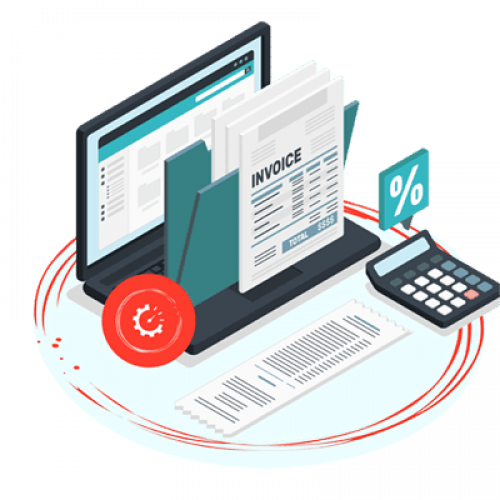In mid-2020, the online payment sharing app Venmo announced a pilot program for business profiles. By February 2021, over 150,000 merchants were accepting Venmo payments for goods and services. In mid-2022, Venmo claimed this number was over 2 million.
One of the driving factors behind the rise of business accounts is legislation aimed at cracking down on tax avoidance through peer-to-peer (P2P) applications such as Venmo and its parent company PayPal. Prior to 2022, P2P providers were required to report gross sales to the IRS if a vendor accepted:
- Over $20,000 in gross payment volume AND
- Over 200 separate payments in a calendar year
As of 2022, P2P providers must report gross payments over $600 to any account, regardless of the number of transactions.
In addition, when Venmo identifies transactions as payment for goods or services, they automatically apply “consumer protections” and deduct 1.9% of the transaction as a fee. If you’ve been to a farmer’s market or small vendor venue and been asked to not add an accurate description of the transaction, you’ve probably encountered a small business trying to avoid paying for Venmo’s business profile. (But don’t assume they are also trying to avoid paying taxes!)
Benefits of a P2P
Is it worth it to accept payments with a P2P? Many side hustles avoid signing up because of already razor thin profit margins. P2Ps do charge fees and deduct a percentage of transaction amounts, after all.
But when planning long-term for the growth of your business, there are some helpful benefits to having a payment processing system.
Easier Sales
On average, only 16% of Americans carry cash. If your side hustle relies on places like artisan markets, farmers markets, or other pedestrian friendly outlets, having a non-cash payment option is likely to result in higher sales which could more than offset the cost of a P2P.
Easier Taxes
Most P2P applications integrate with existing financial management tools such as Quickbooks, making it easier to gather the paperwork needed to file quarterly taxes.
Increase Web Sales
If you’re at the point where you are using social media or websites to increase sales, having a P2P option is a no-brainer. For example, recent research shows that PayPal checkout converts at 88.7%, a whopping 82% higher than a checkout without PayPal. Further, 52% of mobile customers made more online purchases/transactions when PayPal was offered as a checkout option. The more you remove blocks from the buying journey, the more sales you’ll earn.
Social Distancing
In a new pandemic-conscious world, providing safety to employees and customers through contactless transactions is always beneficial.
Viral Marketing
P2P platforms like Venmo include a social element for a specific reason: viral marketing. Word-of-mouth and recommendations from trusted sources remain two of the most valuable marketing tools available to small businesses. The ability for your customers to make public where they are repeatedly buying goods and services increases organic traffic to your business.
Automatic Purchase Protection
Many P2Ps offer consumers using the platform purchase protection on goods. The benefit serves both the P2P and its business accounts. Customers are likely to purchase when their risk is lowered. The P2P increases revenue with added business accounts and a thriving customer base. Businesses benefit from a growing customer base.
Other Considerations
While businesses must make strategic decisions about where to invest and spend on backend support systems, it’s unlikely any growing business can long avoid the investment in a P2P.
Before launching a P2P for your business, consider the following.
- Evaluate fees, weekly transaction limits, the ability to integrate with online shopping carts, and number of potential customers when choosing between P2P options.
- Do the math. Determine if you need to place limits on when you will accept P2P payments over cash or other methods. In the beginning, many small businesses set minimum limits on P2P or credit purchases.




